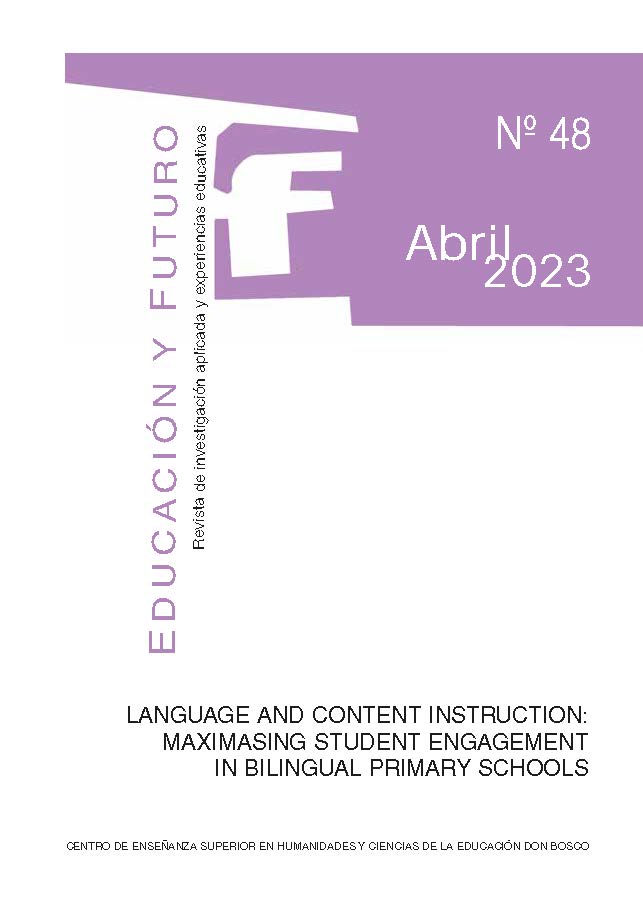Learning Centers Based on Multiple Intelligences
Enhancing English Language Learning in Primary Bilingual Education
Keywords:
learning centers, multiple intelligences, english language learning, cooperative learningAbstract
A new school year starts and once again teachers are caught up in a never-ending wheel of contents, objectives, external evaluations… which can make the teaching practice overwhelming, diverting attention from what really matters, our students. Having all this on the table, teachers might feel as they are not able to reach their learners demands and individual needs in terms of learning, while developing the elements of the foreign language curriculum. Besides, there is a widespread feeling of being innovatively competent within the teaching community. the current study was born in light of all this, conducted in spain with second grade bilingual elementary students; it combines gardner's theory of multiple intelligences with an active methodology based on learning stations. By dedicating spaces in the classroom where students can perform activities related to the different intelligences, individual and group dynamics are developed throughout a common project. This study shows significant student gains not only in language acquisition, but also across a diverse range of skills, specifically in regards to interpersonal and working memory skills. Although at a small scale and with limited student sample, it provides an inspiring and powerful outlook to multiple-intelligence centers based methodology leading to increased student achievement
Downloads
Downloads
Published
How to Cite
Issue
Section
License
Educación y Futuro: Revista de Investigación Aplicada y Experiencias Educativas © 1999 by Centro Universitario Don Bosco is licensed under CC BY-NC-SA 4.0







